The 6th International Media Literacy Research Symposium represents a pivotal opportunity for researchers, educators, and scholars to advance the critical discourse around media literacy in our rapidly evolving digital landscape. Taking place at the prestigious John Cabot University in Rome, Italy, this academic conference offers an unparalleled platform for presenting cutting-edge research while addressing the most pressing challenges facing media literacy education today.
With the proliferation of artificial intelligence, deepfakes, and sophisticated misinformation campaigns, media literacy research has never been more crucial. This symposium provides researchers at all career stages with the chance to contribute meaningfully to a field that directly impacts democratic participation, educational outcomes, and social justice initiatives worldwide.
Key Conference Details and Important Deadlines
Conference Dates: June 4-6, 2026
Location: John Cabot University, Rome, Italy (In-Person Event)
Proposal Submission Period: June 15 – November 1, 2025
Acceptance Notification: December 5, 2025
Registration Opens: January 15, 2026
Registration Fee: $150.00
Eligibility Requirements
This call for proposals welcomes submissions from scholars, researchers, and educators at all career stages, making it an inclusive academic opportunity for:
- Graduate students conducting thesis or dissertation research
- Early-career researchers seeking publication and networking opportunities
- Established academics looking to share innovative findings
- Educational practitioners implementing media literacy programs
- Interdisciplinary researchers exploring media literacy intersections
Important Note: Only extended abstracts are accepted for submission. Complete papers should not be submitted at this stage.
Application Process for Research Submissions
The symposium accepts proposals in three distinct presentation formats, allowing researchers to choose the most appropriate venue for their work:
Presentation Format Options
Roundtables: Ideal for works-in-progress or collaborative discussions, roundtable presentations accommodate approximately 8 participants. This format encourages intimate dialogue and peer feedback, making it perfect for researchers seeking constructive input on developing projects.
Panel Presentations: Groups addressing common research themes can propose panel sessions that run throughout the entire session block. This format suits collaborative research teams or scholars working on related topics who want to present complementary findings.
Individual Presentations: Traditional academic presentations allocating 15-20 minutes for research presentation followed by a 10-minute question-and-answer session. A session moderator facilitates each presentation block, ensuring productive academic discourse.
Submission Requirements
Researchers must submit their proposals through the official conference website before the November 1, 2025 deadline. The submission process requires extended abstracts that clearly articulate research questions, methodological approaches, preliminary findings, and implications for media literacy education or practice.
Research Focus Areas and Academic Themes
The symposium organizes submissions into five strategic research strands, each addressing critical aspects of contemporary media literacy scholarship:
Strand 1: Media Literacy & Information Literacy Integration
This foundational strand welcomes research examining the intersection between media literacy and information literacy frameworks. Scholars can explore how these complementary literacies function in different educational contexts, cultural settings, or professional environments. Research presentations might address curriculum integration, assessment strategies, or comparative international approaches to media literacy education.
Strand 2: Media Literacy in Educational Practice
Specifically designed for practitioners and educators, this strand focuses on evidence-based teaching strategies and classroom implementations. Submissions can address media literacy education across educational levels—elementary, secondary, or higher education—but must clearly specify target audiences. Research presentations might include curriculum evaluations, pedagogical innovations, or student outcome assessments.
Strand 3: Media Literacy for Social Change and Activism
This transformative strand explores media literacy’s role in promoting social justice, community empowerment, and systemic change. Researchers can examine how media literacy education enables individuals and communities to challenge dominant narratives, amplify marginalized voices, and create meaningful societal impact through strategic media engagement.
Strand 4: Ethics and Media Technology
Addressing the complex ethical dimensions of contemporary media environments, this strand welcomes research on digital privacy, artificial intelligence implications, data ethics, and moral frameworks for media literacy education. Submissions might explore how technological advances create new ethical challenges or opportunities for media literacy practitioners.
Strand 5: Future Directions—EcoMedia, AI, and Emerging Technologies
This forward-looking strand examines how generative artificial intelligence, environmental media, and emerging technologies reshape media literacy education and research. Scholars can present speculative research, trend analysis, or theoretical frameworks for understanding media literacy’s evolution in response to technological disruption.
Benefits and Professional Development Opportunities
Academic and Professional Advantages
Participation in this international media literacy research symposium offers numerous benefits for academic and professional development:
Publication Opportunities: All conference presentations will be considered for future academic publication, providing researchers with potential pathways to peer-reviewed publication in the media literacy field.
International Networking: The Rome location attracts international scholars, creating opportunities for cross-cultural research collaboration and global perspective development.
Career Advancement: Conference participation demonstrates scholarly engagement and research dissemination, valuable for academic job applications, promotion portfolios, and grant applications.
Interdisciplinary Exposure: The diverse strand structure exposes participants to varied methodological approaches and theoretical perspectives within media literacy research.
Research Impact and Dissemination
The symposium’s focus on practical applications ensures that research presentations can influence educational policy, curriculum development, and media literacy program implementation. Researchers gain opportunities to translate academic findings into actionable insights for educators, policymakers, and community organizations.
Critical Deadlines and Submission Reminders
Timeline for Prospective Participants
October 2025: Final month for proposal preparation and refinement. Researchers should finalize extended abstracts, confirm strand alignment, and review submission requirements.
November 1, 2025: Absolute deadline for proposal submission. Late submissions will not be considered under any circumstances.
December 5, 2025: Acceptance notifications distributed. Accepted presenters should begin planning travel arrangements and presentation development.
January 15, 2026: Registration opens with early-bird pricing of $150.00. Prompt registration ensures conference attendance and accommodation availability in Rome.
Final Considerations for Applicants
The symposium’s competitive selection process prioritizes research quality, methodological rigor, and contribution to media literacy scholarship. Successful proposals demonstrate clear research objectives, appropriate methodology, and significant implications for theory or practice.
International researchers should consider visa requirements, travel arrangements, and currency exchange when planning conference attendance. The Rome location offers rich cultural experiences alongside academic programming, making this symposium both professionally rewarding and personally enriching.
(The information shared here is sourced from official websites and has been reviewed by Media Research for relevance and authenticity. However, we advise caution, as there may still be potential risks. Please avoid sharing any sensitive personal information when applying. The Image is AI generated)
Media Research offers comprehensive research consultation tailored to your needs. Book your appointment now using the form or email at contact@mediaresearch.co.in




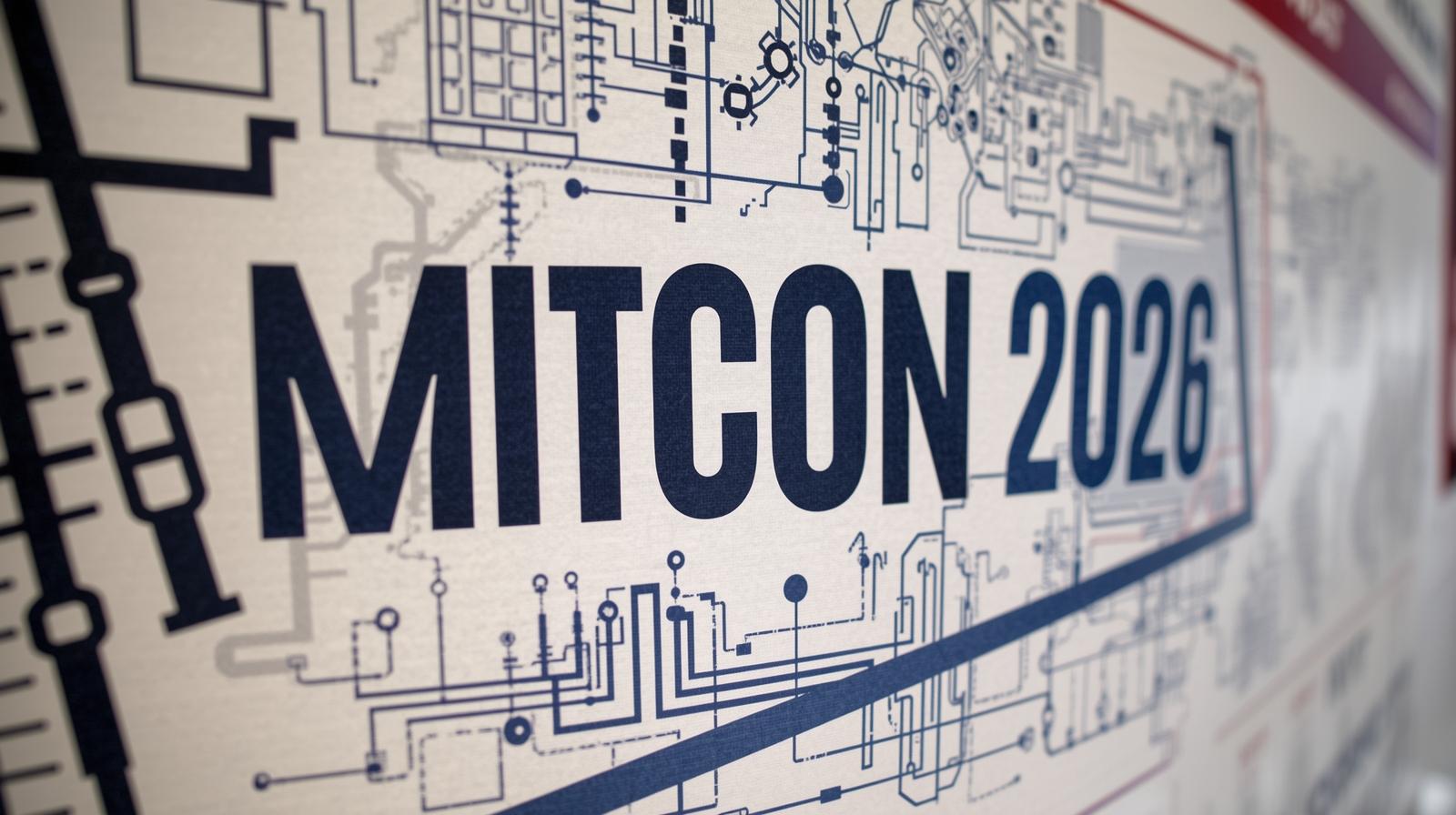
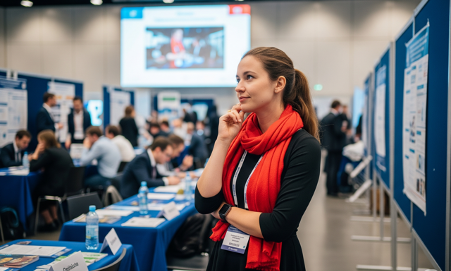
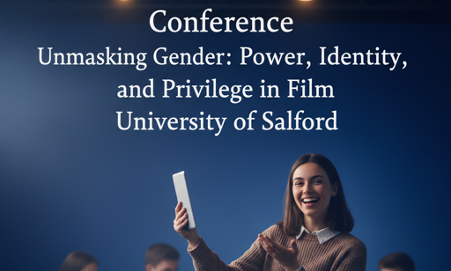
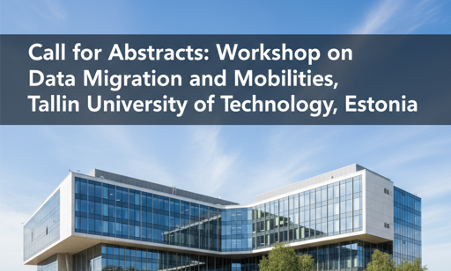
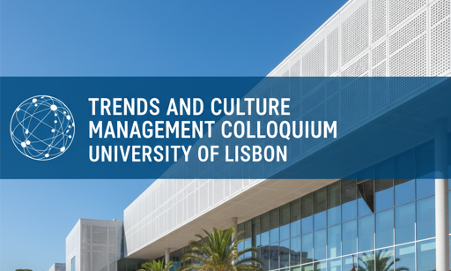
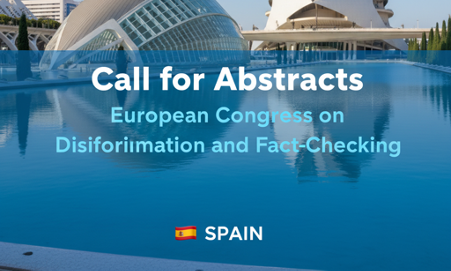
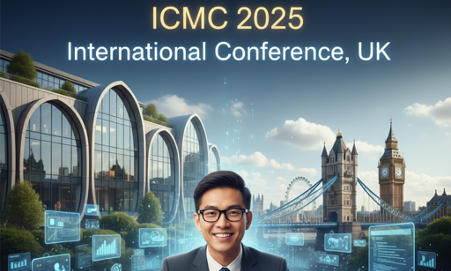
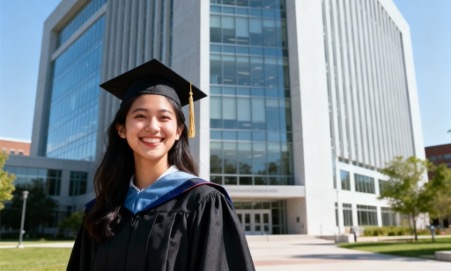
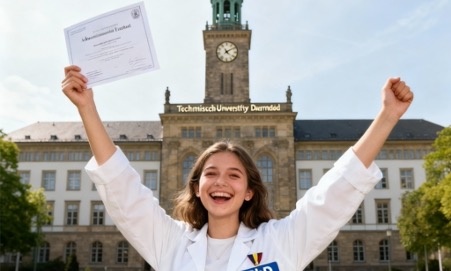

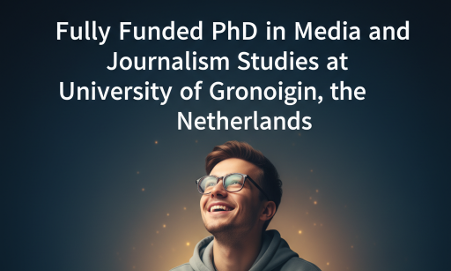
Leave a Reply